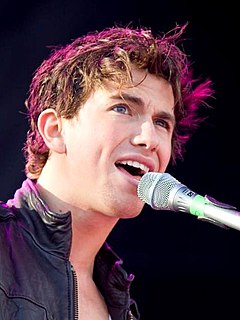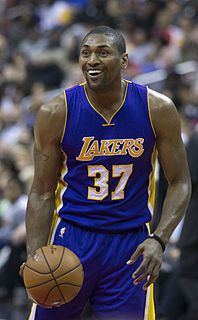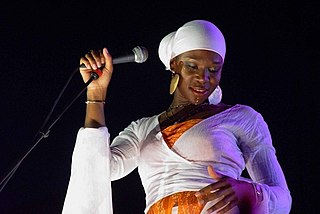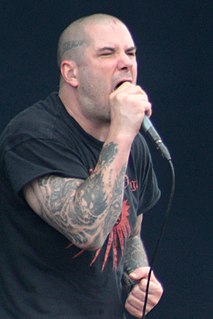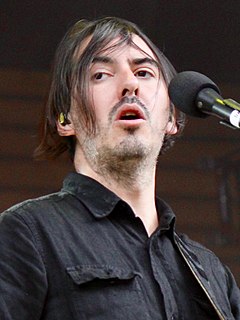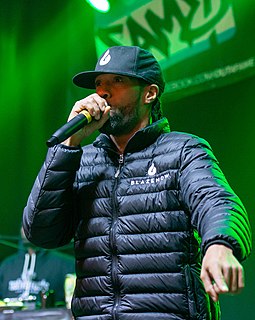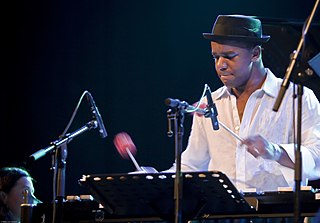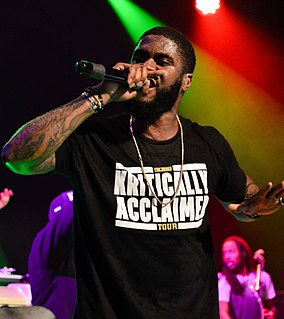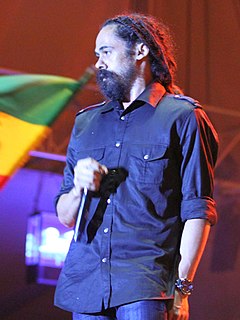A Quote by Esa-Pekka Salonen
The music I turn out these days is the kind of music I want to hear myself.
Related Quotes
I like the idea of a kind of eternal music, but I didn't want it to be eternally repetitive, either. I wanted it to be eternally changing. So I developed two ideas in that way. 'Discreet Music' was like that, and 'Music for Airports.' What you hear on the recordings is a little part of one of those processes working itself out.
The way I look at music, what I'm interested in is not necessarily creativity - in many ways I think creativity is overrated, actually. What I think is important is authenticity. I want to hear music that has the resonance of the people. I want to hear music that is an amplification of them. Because then, I can experience the people. But because the music has become so institutionalized, everyone is learning and regurgitating the same material in the same way.
When you say, 'Man, what kind of music does Outkast make?' You be like, 'They make Outkast music.' What kind of music does N.E.R.D. make? They make N.E.R.D. music. I want to be one of those people, because there's so many layers to the music I create that I don't want people to expect me to do one thing.

